Ammonia-salt solvent pretreatment for biomass could significantly reduce cost of cellulosic biofuels
Green Car Congress
JANUARY 15, 2020
Similar processes could greatly reduce the cost of producing biofuels from waste biomass like corn stalks and leaves. Image: Shih-Hsien Liu/ORNL and Shishir Chundawat/Rutgers University–New Brunswick. The ammonia-salt based solvent system quickens the conversion of cellulose into sugars using enzymes. Shishir P.

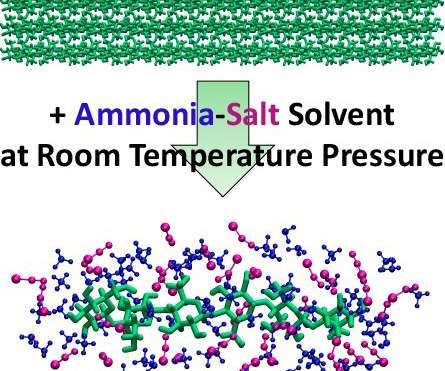

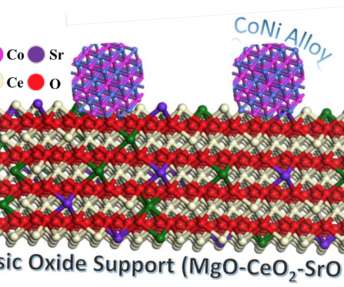



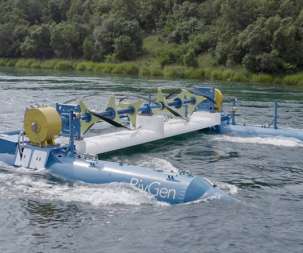
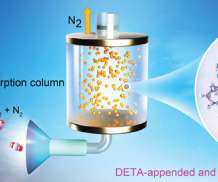


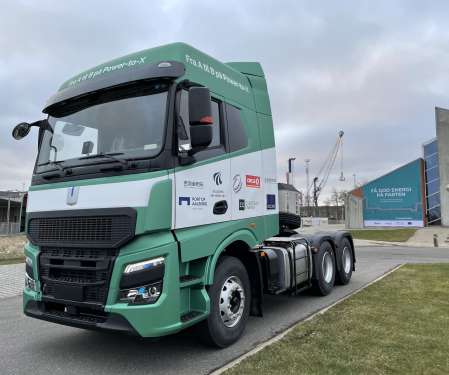




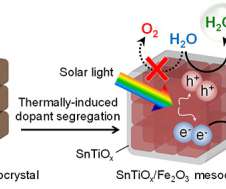





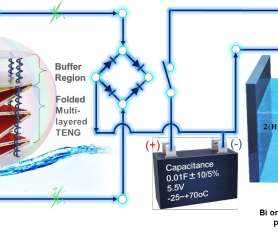


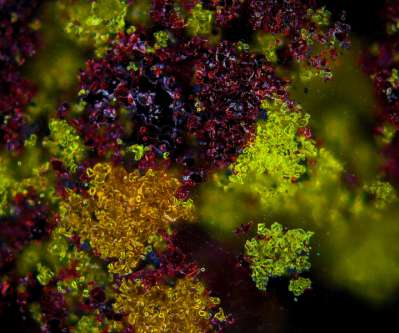



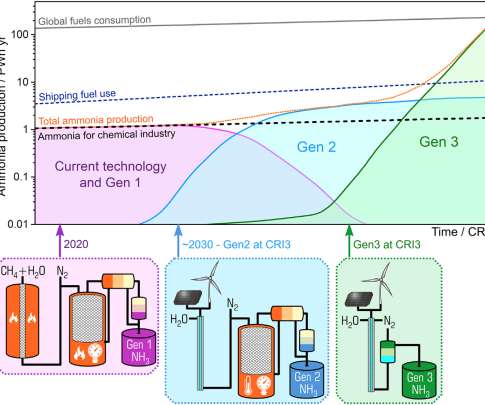









Let's personalize your content